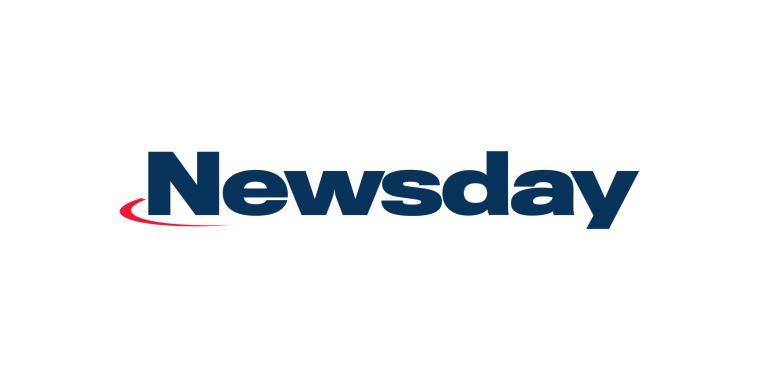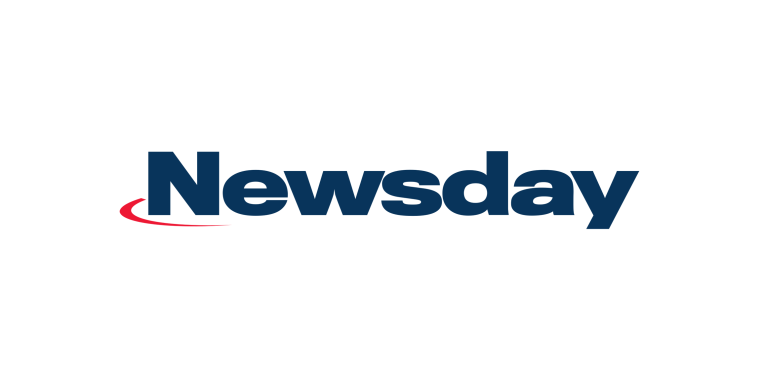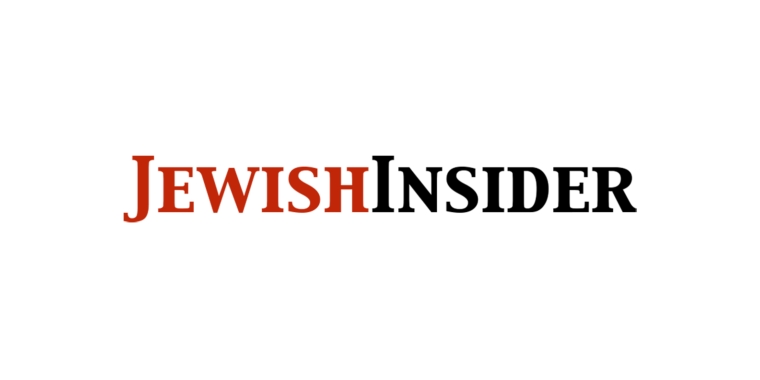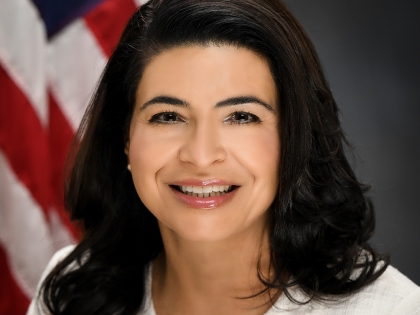
Increased penalties for phony COVID-19 vaccination cards sought
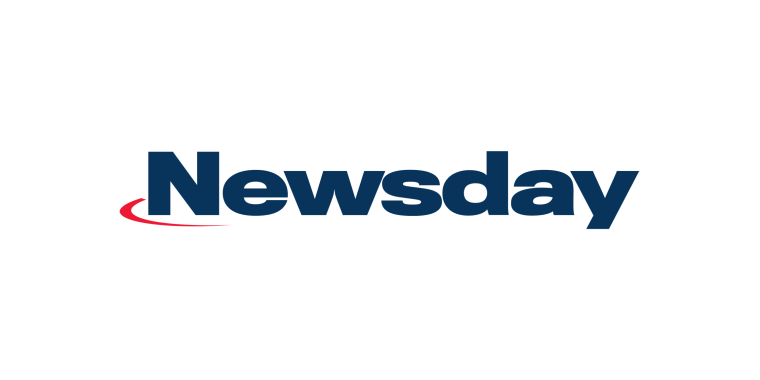
One unverified report mid-August claimed that a scammer on Long Island was hawking a two-fer: a counterfeit coronavirus-vaccine card — plus a falsified entry in the state’s computerized immunization registry.
That allegation came into state Sen. Todd Kaminsky’s office, as have other sorts of anecdotes — some to the senator himself — reporting that counterfeit cards are being offered, particularly to young people, he said.
On Long Island, there are anecdotes, rumors and worries about illegitimate vaccine cards, but just one tangible allegation: in May, a CVS worker was allegedly found in Westbury with dozens of the cards, some with only the name and date of birth blank.
There have been no such cases since, spokesmen for the Nassau and Suffolk police departments said last week.
Still, some lawmakers say that the problem will become more acute, as a growing number of entities mandate the coronavirus vaccine in order to hold certain jobs, attend college, play sports, or go inside eateries, bars and theaters.
So "we need the deterrence factor, big time," said Kaminsky, who voted for a recently-passed bill, authored by state Sen. Anna Kaplan (D-North Hills), that makes falsifying coronavirus vaccine records a new felony — on top of existing laws punishing forgery and related crimes.
Kaplan said it’s important for the pandemic recovery so "that people can count on these cards being authentic." She worries about the possible growth in the use of counterfeit documents. "I think it is a problem," she said. "We saw it with the kid in Levittown," she said, referring to where the CVS worker is from.
In that incident, a 21-year-old was caught by Nassau County cops allegedly in illegal possession of 54 blank vaccine cards, plus eight cards that were filled out with the manufacturer and lot numbers for first and second doses, ostensibly from CVS, according to a felony complaint provided by the Nassau district attorney's office. Only the supposed recipients’ identities were missing on the cards.
"I sell the cards to kids, so they can go to school," the man, Zachary Honig, 21, allegedly told the police, according to the complaint.
Honig's defense lawyer, Robert R. Latronica Jr., did not respond Saturday to a message seeking comment.
About 1 in 5 adults on Long Island haven't gotten a single shot, according to the state's vaccine tracker updated this weekend. And about 1 in 10 adult Long Islanders — slightly more so in Suffolk than Nassau — are believed to be hesitant or unsure whether they will ever get the vaccine, according to an estimate published in June by the U.S. Centers for Disease Control and Prevention.
Among the reasons such people have cited, according to surveys: lack of trust in the vaccines and the government; the relatively new technology; possible long-term side effects; not seeing COVID-19 as a threat.
What’s the local tally of fake vaccine-card incidents? Kaplan said she did not have one.
Across the country, there have been reports of counterfeit cards for sale, including via Instagram and the encrypted messenger app Telegram. Also, earlier in August, federal agents at the Port of Memphis seized a shipment of the cards from China — though there has been only the one known case on Long Island.
"Is this an epidemic right now? No. Could it become one? Absolutely, if the authorities do nothing about it, so we have to nip it in the bud," Schumer said Aug. 15 at one of his Sunday news conferences, where he said he wants the Federal Bureau of Investigation and Department of Homeland Security "to team up and launch a crackdown" against the "horrible people" involved with fake vaccine cards. He wants prison or fines for those involved, but probably just a fine for, say, a college student who falsely submits proof of vaccination.
Days later, Schumer guest-starred in an Instagram video ridiculing "your fake vax card" and danced next to an influencer-doctor.
Neither the FBI nor the Department of Homeland Security returned calls and messages seeking comment on Schumer's demand.
Nicole Turso, a spokeswoman for Nassau County’s acting district attorney, noted in an email that the office is prosecuting the Honig case, but hasn’t seen many cases overall: "We have not yet seen a tremendous influx of counterfeit vaccination cards in Nassau County. We know, by talking to our partners in nearby jurisdictions, that the volume of these cases is growing. We anticipate, and are preparing for, the potential of these cases coming our way in the near future."
In a written statement, Nassau County Executive Laura Curran lamented that the county legislature had not acted on her legislation that would have created a local law to penalize those involved with fake vaccine cards, but she praised Kaplan’s bill and said she hopes it becomes law soon.
"Faking COVID-19 vaccinations threatens both public health and our ability to fully return to normal," according to the statement, which was sent by Curran’s office.
Kaplan spokesman Sean Collins said his boss’s legislation, which also passed in the Assembly and now must be signed by the governor to become law, codifies, as a separate state crime, the prohibition against counterfeit vaccination documents, and explicitly extends coverage to documents that don’t contain a Centers for Disease Control logo, such as on vaccine passport apps. Collins said there is concern that current law might not be broad enough to cover faking vaccination using these apps.
Det. Lt. Richard Lebrun, a Nassau County Police Department spokesman, said by email the department has made no other arrests regarding fake vaccine cards except the Honig case; the Suffolk County police press office said in an email: "No one is aware of any issues involving fake vaccination cards."
A person's vaccine records are subject to the HIPAA law, but there are public-health exceptions, which vary by state.
So, for example in New York, vaccinations can be verified — but only certain universities, health care providers and some other entities legally already have access to the state-run registry to do so.
Then, that's only for those vaccinated in New York State, or New Yorkers who got vaccinated in either New Jersey or Vermont, the states that have agreements with New York to share when New Yorkers get vaccinated there, according to Samantha Fuld, a spokeswoman for the state Health Department.
There is no nationwide vaccine registry, which means that, as in nearly every other state, users of the New York registry have no way of double-checking vaccination status for those who claim to have gotten inoculated anywhere but New York, New Jersey or Vermont. Every American state maintains its own registry, and in New York those who get vaccinated are automatically logged in the New York registry, called the New York State Immunization Information System.
Hofstra University, which has a vaccine mandate, is doing random checks for its New York residents against the registry "and has found no fakes," said spokeswoman Karla Schuster. The New York Institute of Technology, which has not mandated vaccines except in its medical school, has access to the database and "we can verify." At Suffolk County Community College, where those who don’t submit vaccination proof must be tested weekly, spokesman Drew Biondo said submitted cards are verified by college nurses.
In the United States, every coronavirus vaccination is reported to the local jurisdiction’s immunization registry; there are about 58 such registries in the United States, including states and big places like New York City, which maintains its own (and then reports to the state), said Rebecca Coyle, executive director of the American Immunization Registry Association, which is based in Washington, D.C.
Currently, in only a handful of states is one vaccine database accessible to another — and New York isn’t one of them, she said.
Of the 58 jurisdictions with vaccination databases, 48 of them have signed sharing agreements, but the technical capability isn’t there except in that handful of states, she said. The sharing project is several years old, and until the coronavirus pandemic, only 10 or 12 states had signed on.
Now, buoyed by the pandemic, there is a nationwide move to develop a digital vaccination record, Coyle said. The association isn’t working on combating counterfeit cards per se, but: "What we can do and what we are working on is trying to develop a digital vaccination record — taking the paper form and moving it into a digital version. Why wouldn’t you do that, right? It’s only 2021. It seems logical that you would try and move it this direction."
The prospect of vaccine passports has rankled privacy advocates, who worry about a slippery slope normalizing other kinds of screening at schools, workplaces, restaurants and beyond.
One advocate told Newsday in March: "It's habituating people to a level of oversight of their movements that we've never used before."

